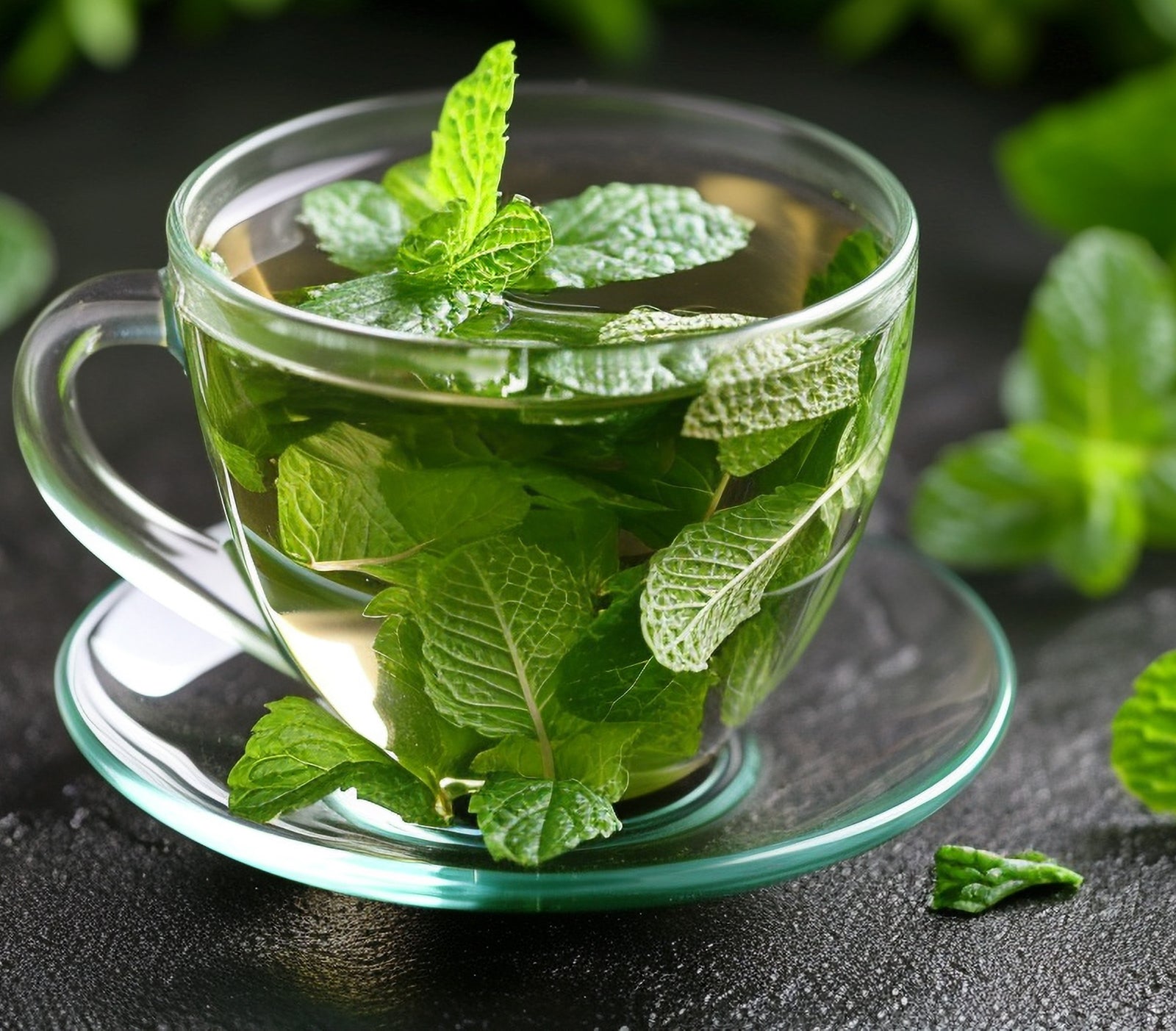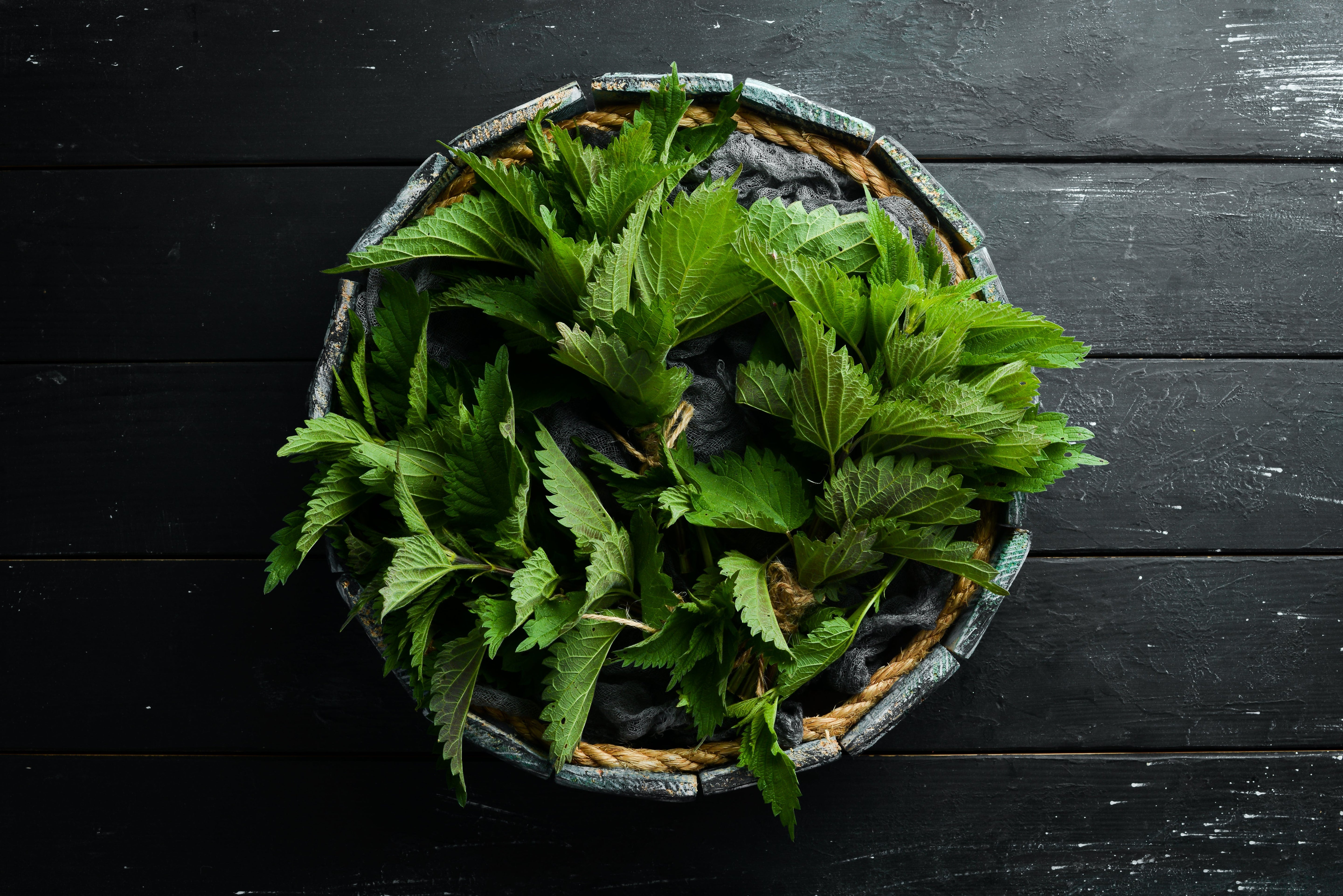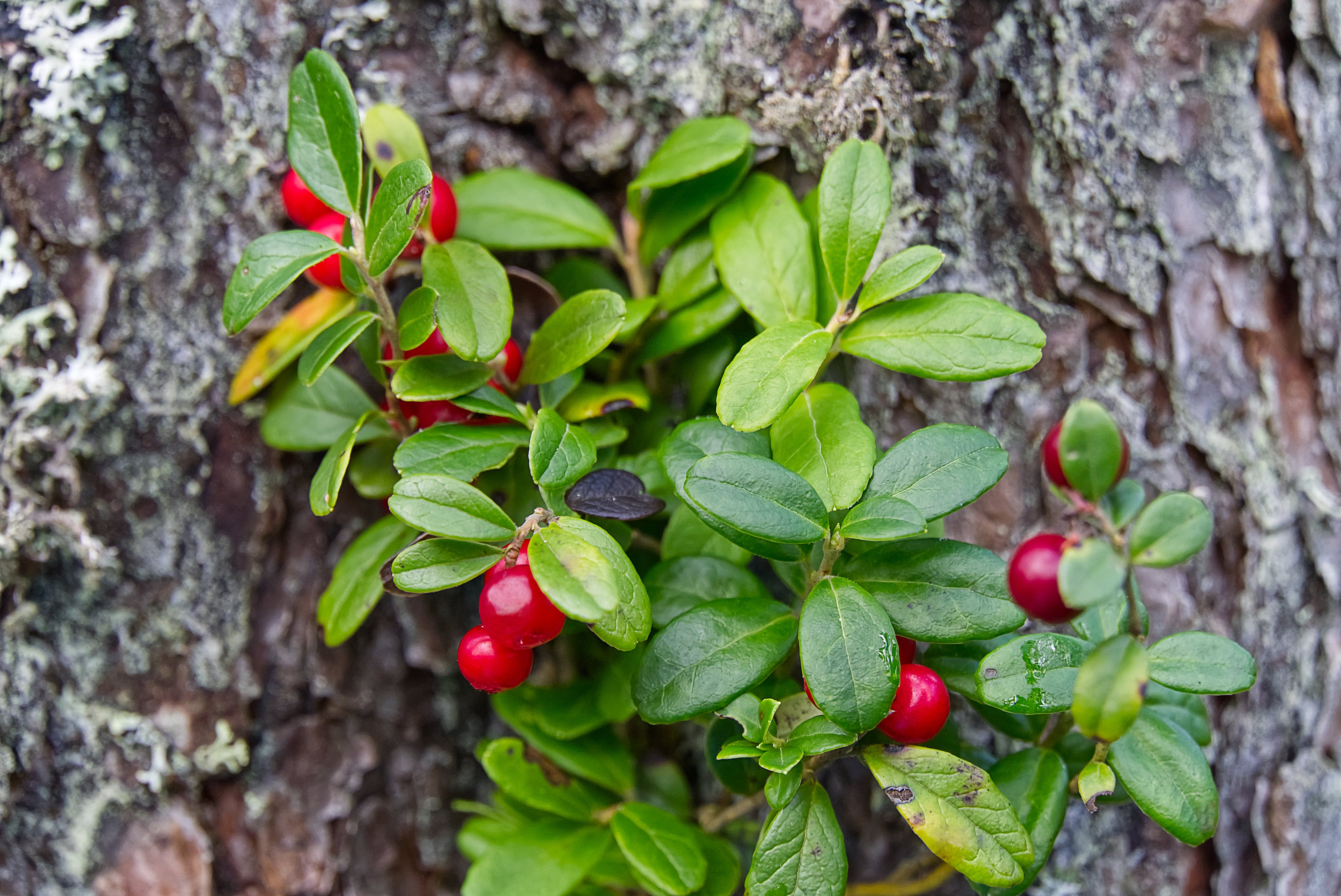Peppermint – a beautifully scented herb with special health properties

Peppermint is an herb whose properties and effects have been appreciated since ancient times. It is recommended primarily for digestive system problems, especially abdominal pain, flatulence, and lack of appetite. In ancient times, peppermint infusion was recommended to relieve migraine symptoms. In addition, it can be used on skin lesions caused by chickenpox or herpes. What other properties and effects does peppermint have and how to use it?
Peppermint for stomach problems
In folk medicine, peppermint leaves and peppermint oil were used for stomach pain, digestive disorders such as nausea, indigestion, and intestinal colic. Currently, peppermint leaves in the form of tea, tincture, oil and extract are used for ailments such as spasms of the upper gastrointestinal tract and bile ducts, because they have an antispasmodic effect and reduce the tension of smooth muscles.
Peppermint can also be used for indigestion. Peppermint increases the amount of gastric juice, making it easier to digest and absorb food. It can also be used for gastritis and irritable bowel syndrome. In addition, peppermint restores proper peristaltic movements of the intestines and prevents flatulence.
Peppermint for the upper respiratory tract
The second use of peppermint is the treatment of respiratory diseases. Peppermint helps in the treatment of upper respiratory tract infections, colds and runny noses. The essential oil effectively helps in expectorating retained secretions. Peppermint oil is also used to treat inflammation of the oral mucosa. Peppermint oil can be inhaled to relieve the symptoms of sinusitis, colds and flu. Just pour 3-4 drops into hot water.
Peppermint for herpes
Peppermint leaves, in the form of rubs and ointments, have anti-itching, local anesthetic and anti-inflammatory properties. In addition, they cause a feeling of cold. Therefore, their use in natural medicine is recommended, among others: during chickenpox.
Additionally, peppermint can be used to speed up the healing process of unsightly blisters that are a symptom of herpes. It has been scientifically proven that aqueous extracts of peppermint leaves inhibit the activity of the herpes simplex virus.
Peppermint leaf extract has not only antiviral but also antibacterial properties. It inhibits the growth of bacteria such as Salmonella and Staphylococcus aureus. The antibacterial effect of peppermint leaves is attributed to tannins and certain essential oil components, especially menthol and menthone.
Peppermint for calming
Peppermint oil is known for its calming effect. For this reason, the active ingredients of the plant are used in aromatherapy. Peppermint oil relieves muscle tension and eliminates the symptoms of fatigue and chronic stress. Its regular use also helps to improve concentration.
Peppermint in the kitchen
In the food industry, peppermint is used to make mint candies and some liqueurs, as well as chewing gum. In the kitchen, these cooling and refreshing leaves can be added to lemonade or other drinks intended to quench thirst during hot weather. Fresh, green peppermint leaves can also be added to cottage cheese and salads. Plus, they taste good with potatoes and lamb.
Peppermint in cosmetics
Peppermint is also used in cosmetics. Due to its high menthol content, it is used in toothpastes and mouthwashes.
Peppermint can also be used for hair care. Just add a few drops of this plant oil to a bottle of hair shampoo to get rid of stubborn dandruff. However, when the oil is massaged directly into the scalp, it accelerates hair growth.
Peppermint oil is used in cosmetics with cleansing and soothing properties, intended especially for the care of problematic skin - oily and acne-prone.
Peppermint oil is also a proven solution for chapped lips. The oil will soften and smooth the skin of dry lips and cool it slightly.
Additionally, peppermint oil, due to its refreshing scent, is used to produce perfumes, colognes and scented candles.
Peppermint – contraindications to use
Peppermint preparations should not be used by children under 2 years of age. Contraindications include esophageal reflux disease and heartburn. Peppermint may cause intensified symptoms of the above-mentioned diseases. People suffering from diabetes should be especially careful. The high menthol content may lead to lower blood glucose levels.






